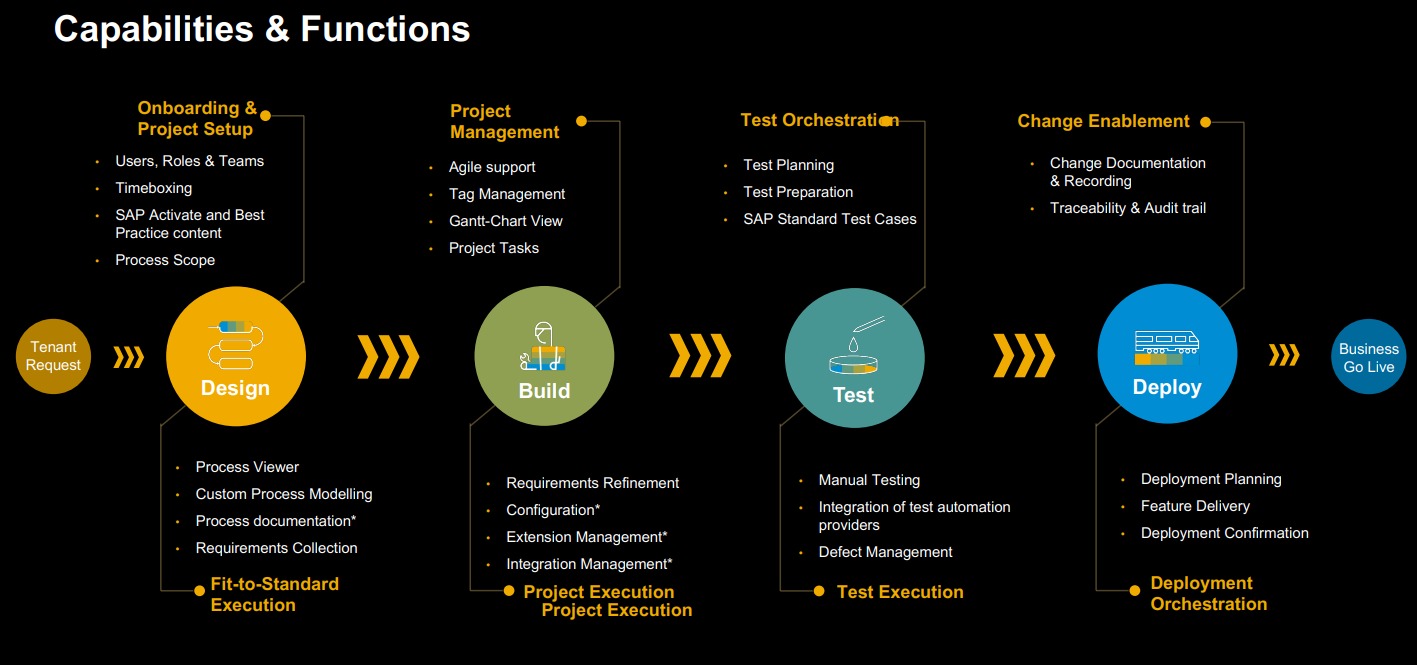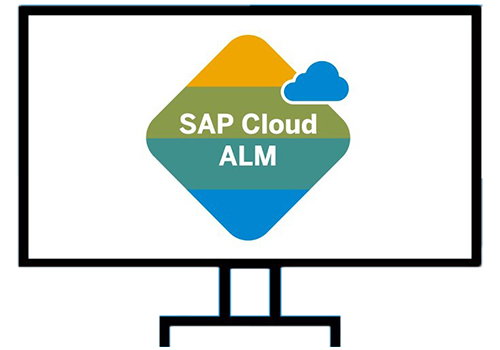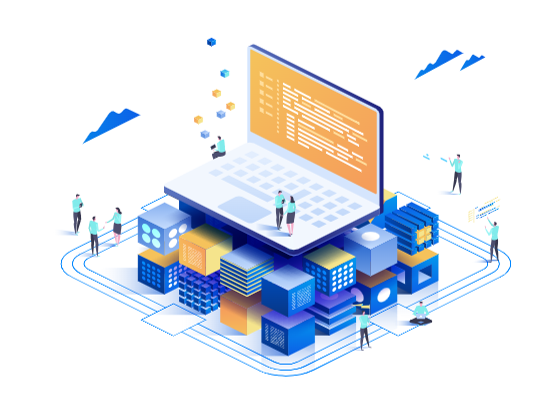- +91 9818827255
- sales@congnit23.com
We use cookies to make our site work well
for you and so we can continually improve it.
The cookies that are necessary to
keep the site functioning are always on
SAP Cloud ALM, a cloud-based offering from SAP, facilitates the implementation and management of cloud solutions.
SAP Cloud ALM serves as an ALM suite for application lifecycle management, enabling companies to swiftly transition to the cloud. Additionally, it aids in optimizing the operation of cloud solutions and their management.
SAP Cloud ALM offers a full ALM suite tailored for application lifecycle management, specifically designed for customers heavily reliant on cloud solutions. It delivers extensive implementation and operational functionalities for cloud solutions.
Notably, this solution boasts cost-effectiveness and immediate usability, adhering to established standards without requiring extensive configuration. SAP has meticulously crafted SAP Cloud ALM and SAP Solutions Manager on Cloud from the ground up, leveraging cutting-edge technologies.

SAP Cloud ALM offers a comprehensive range of functionalities. It enables companies to both operate and implement SAP solutions effectively. This encompasses all crucial aspects during implementations, including process management, testing, deployment, and task management.
In the operational realm, SAP Cloud ALM empowers companies to conduct business process monitoring, health monitoring, and user & performance monitoring seamlessly.
Moreover, the solution is enriched with embedded intelligence across all functions. This enables more efficient process handling, leveraging machine learning capabilities to detect errors and malfunctions early on.

An essential benefit of Cloud ALM is its foundation on established standards and frameworks.
Apart from SAP Cloud ALM, SAP offers various other solutions within its ALM portfolio.
These encompass SAP Solution Manager on Cloud featuring Focus Build and Focus Insights, primarily suitable for on-premise systems and hybrid landscapes.
Additionally, SAP Focused Run stands out for managing extensive IT landscapes.

SAP Cloud ALM spans the entire "design-to-deploy" and "detect-to-correct" processes, ensuring comprehensive functionalities for both implementation and operation.
No, the versatility of the product extends beyond SAP S/4HANA. It now caters to a diverse range of solutions, including SAP Ariba, Concur, Field Service Management, IAM, and various products from the customer experience portfolio.

The distinction between SAP Solution Manager on Cloud and SAP Focused Run is straightforward.
SAP Solution Manager on Cloud serves as a comprehensive ALM suite tailored for on-premise-centric customers, while SAP Focused Run is specifically designed for operational purposes only.
Companies seeking to implement an SAP solution require either an SAP Solution Manager on Cloud or SAP Cloud ALM.
Conversely, if a company's focus lies solely on operational aspects as a subset, then SAP Focused Run may also be a viable option to consider.
No, SAP Cloud ALM is distinct from the SAP Solution Manager on Cloud.
This product was built from the ground up using the latest Business Technology Platform (SAP BTP) technologies.
Its user-friendliness, exemplified by the consistent use of the FIORI concept, sets it apart from Solution Manager.
The question of "Which ALM solution is ideal for you?" hinges largely on your chosen deployment option and required functionalities.
For instance, if your company operates an SAP S/4HANA on-premise system with sporadic cloud solution usage, SAP Solution Manager on Cloud is likely the optimal choice.
Conversely, if your company predominantly manages its business processes using cloud solutions (e.g., SAP S/4HANA Cloud), then SAP Cloud ALM is the more suitable option.

There are no extra license fees for utilizing SAP Cloud ALM. SAP Cloud ALM is included in SAP Enterprise Support and Cloud Editions.
Hence, customers are eligible to leverage SAP Cloud ALM if they subscribe to an SAP Cloud Service that incorporates SAP Enterprise Support and Cloud Editions. SAP even covers the hyper scaler costs for running SAP Cloud ALM as part of the fair use rights.
The roadmap for SAP Cloud ALM is quite clear: SAP aims to develop a fully comprehensive ALM suite tailored for cloud-centric customers.
The company's current strategy is to encompass all processes and functionalities crucial for application lifecycle management within the solution by 2023.
